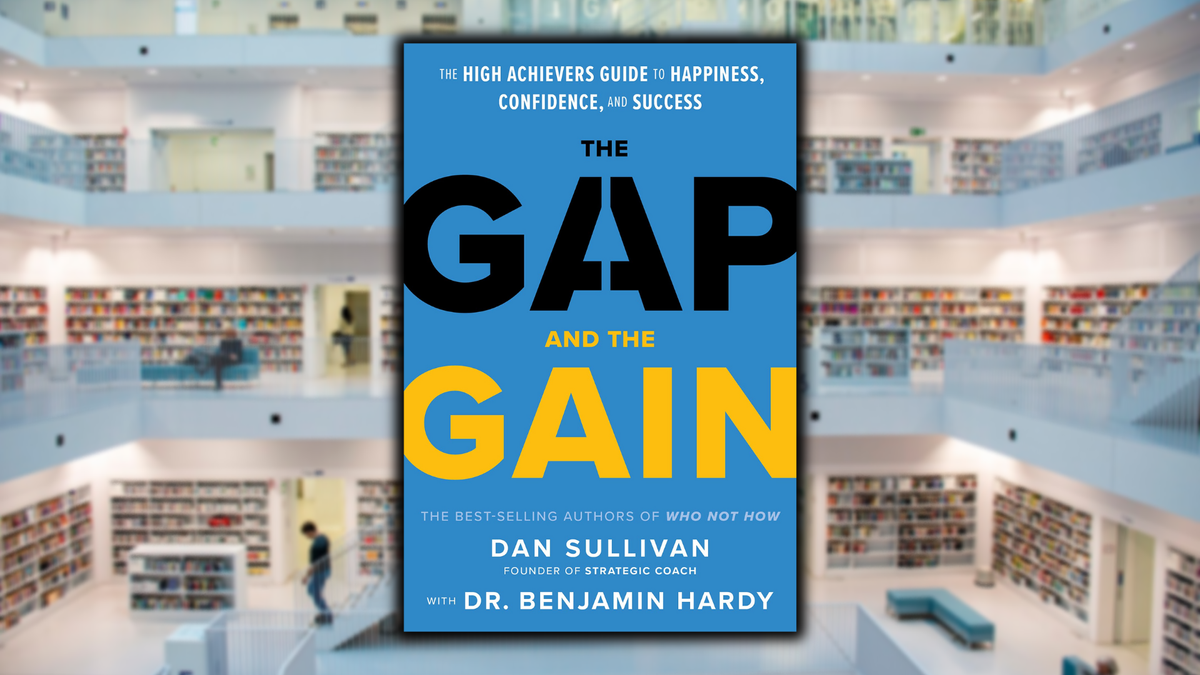This post is for subscribers only
Sign up now to read the post and get access to the full library of posts for subscribers only.
Sign up now Already have an account? Sign in
When you stop measuring yourself against an impossible ideal and start recognizing how much progress you've already made and how far you've come, success and happiness can be yours today. As explained in this book breakdown, there is no way to happiness - happiness is the way.
Sign up now to read the post and get access to the full library of posts for subscribers only.
Sign up now Already have an account? Sign in